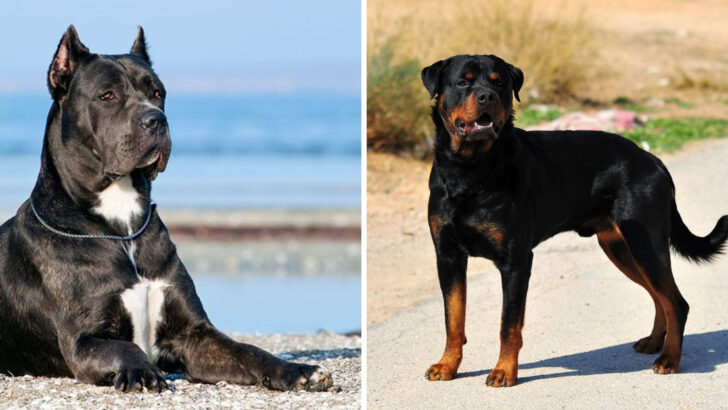Let’s be real: Not every dog is your perfect match. Sure, they’re all cute and lovable, but some breeds? They come with baggage. Big, fluffy, demanding, or downright wild baggage.
From stubborn little terriers to high-energy herding dogs that need more exercise than most humans, these 22 breeds might leave you wishing for a much simpler pet.
Choosing a dog isn’t about picking the prettiest or the most popular. It’s about finding the one that fits your lifestyle. So if you’re thinking of bringing home a furry friend, you might want to steer clear of these breeds. Trust me, it’ll save you a lot of stress—and possibly your furniture.
Chow Chow
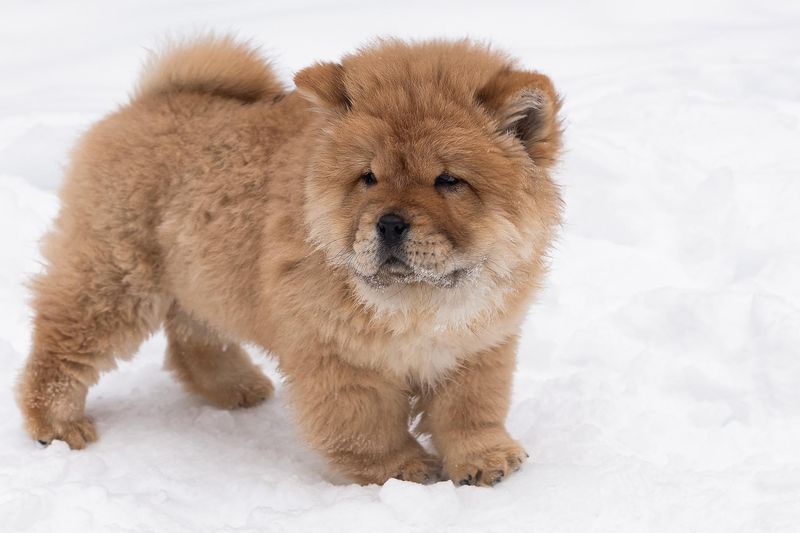
Chow Chows are known for their lion-like appearance, but they can be as fierce as they look. These dogs are naturally aloof and can pose a challenge for first-time dog owners. Their independent nature might be fascinating, yet it often leads to stubbornness. Chow Chows require a strong leader and consistent training. Without proper guidance, they may become overprotective. Additionally, grooming is an intensive task due to their thick double coat. Health issues such as hip dysplasia and eye problems are common. If you’re seeking a laid-back companion, a Chow Chow might not be the best fit.
Dalmatian
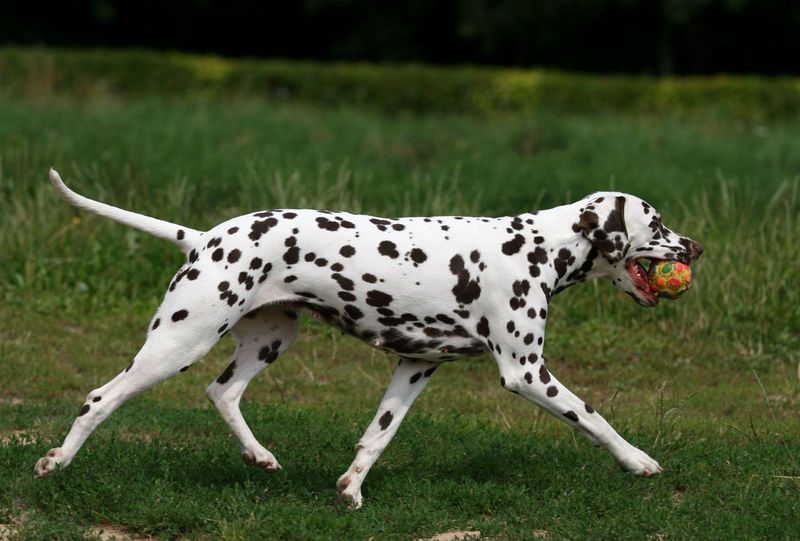
Dalmatians are famous for their unique spots and energetic nature. However, their high energy levels demand constant activity and attention. This breed requires more exercise than most, making it unsuitable for those with a sedentary lifestyle. Dalmatians can become easily bored, leading to destructive behavior. Socialization is crucial to prevent aggression. Health-wise, they are prone to deafness and urinary issues. Their striking appearance might draw you in, but their care requirements can be overwhelming. If you can’t commit to their active lifestyle, consider a more low-maintenance breed.
Rottweiler
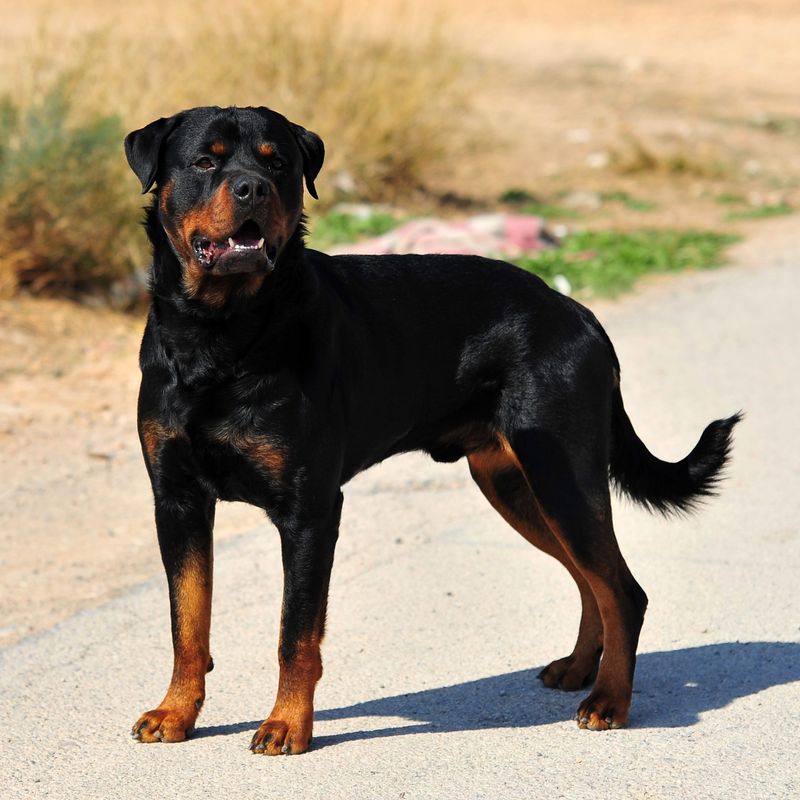
Rottweilers are strong, loyal, and protective, traits that can be both a blessing and a challenge. These dogs require experienced handling to ensure they don’t become overly protective or aggressive. With their size and strength, they need consistent training and socialization from a young age. Despite their tough exterior, Rottweilers are prone to health issues like hip dysplasia and heart problems. Additionally, their dietary needs require careful monitoring to prevent obesity. If you’re not prepared for their demanding nature, they might not be the ideal choice for your family.
Akita
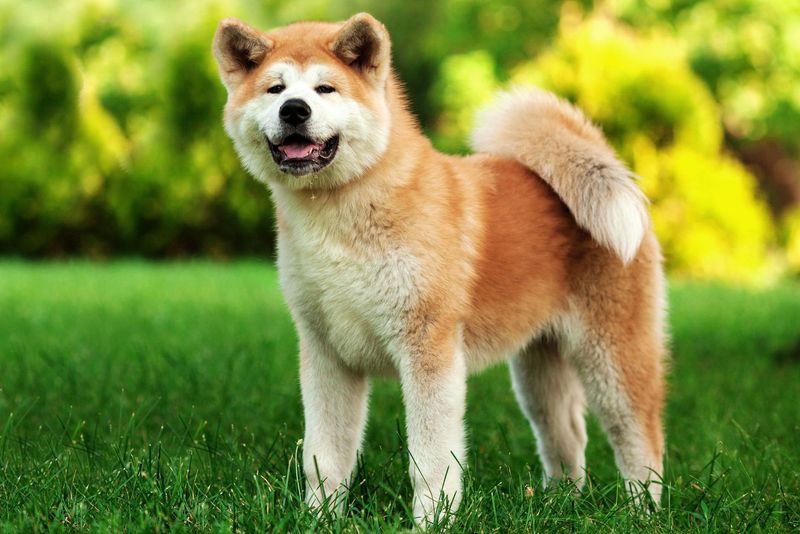
Akitas are majestic dogs with a presence that commands attention. Originating from Japan, they are known for their loyalty and courage. However, these traits can turn into aggression if not properly managed. Akitas require an owner who can assert dominance and provide firm training. They tend to be territorial and may not get along with other pets. Grooming is another challenge with their dense double coat. Health concerns such as hip dysplasia and autoimmune disorders are prevalent. If you have a busy schedule, an Akita might not fit well into your lifestyle.
Alaskan Malamute
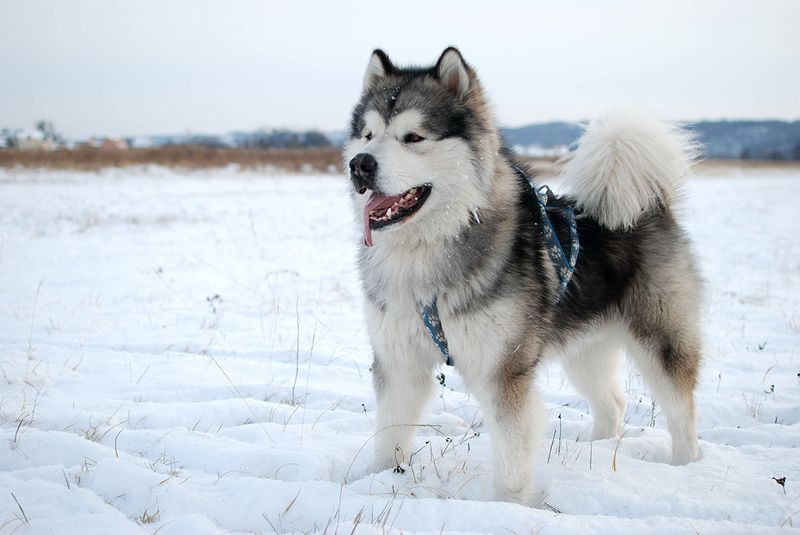
Alaskan Malamutes are bred for endurance and strength, originally serving as sled dogs. Their high energy levels make them unsuitable for apartment living. Malamutes need ample exercise and mental stimulation to prevent boredom. They have a strong prey drive, which can be problematic around smaller animals. Grooming is a significant task due to their thick fur. Health issues such as hip dysplasia and cataracts are common. If you’re not prepared for the commitment of frequent exercise and grooming, this breed might not be the best choice for you.
Siberian Husky
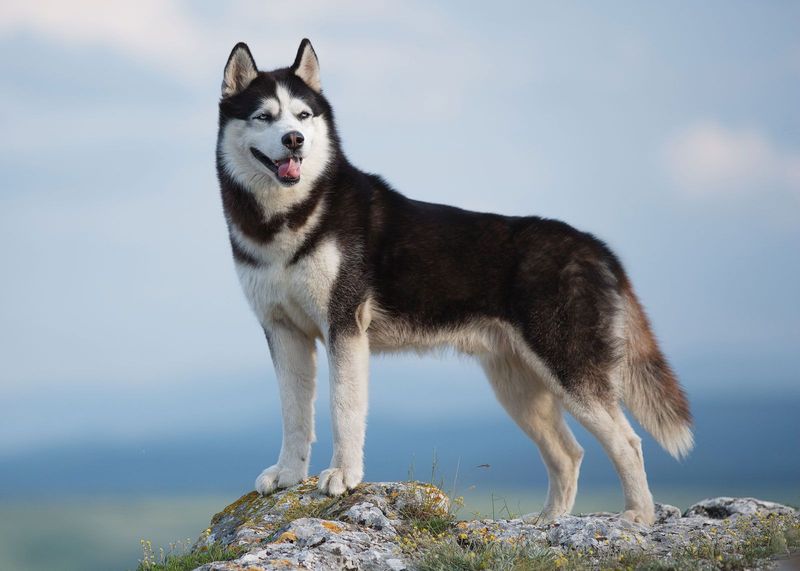
Siberian Huskies are beautiful and intelligent dogs, known for their striking looks and energetic demeanor. However, they are also known escape artists, requiring a secure environment. Huskies need significant exercise and mental stimulation, which can be challenging for busy owners. Their independent nature makes training a test of patience. Grooming is manageable, but be prepared for seasonal shedding. Health issues like hip dysplasia and eye disorders are concerns. If you’re not ready for the dedication this breed requires, you might want to consider a less demanding companion.
Chihuahua
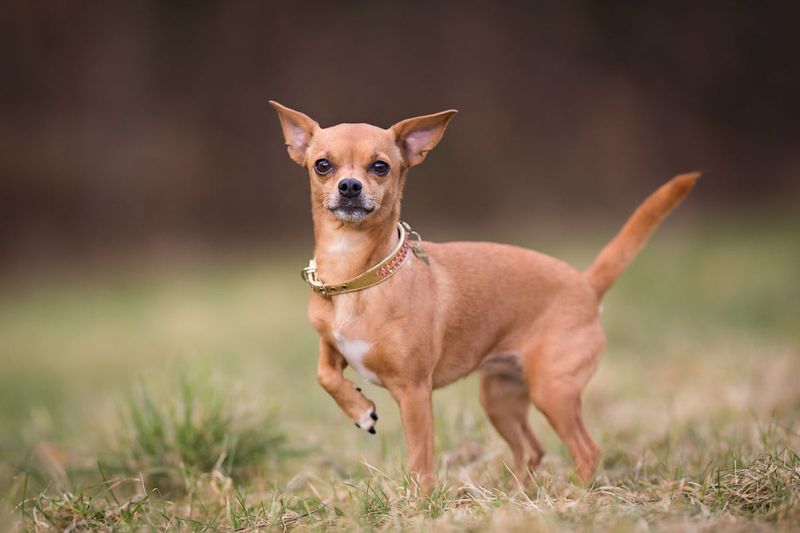
Chihuahuas are small in size but big in personality. Their bold and sometimes sassy nature can be overwhelming for those expecting a laid-back pet. Chihuahuas often bond closely with one person and may become possessive. Their small size makes them fragile and not ideal for families with young children. Although grooming is minimal, dental care is crucial. Health problems like heart disease and patellar luxation are common. If you’re seeking a calm and independent pet, a Chihuahua might not be the best choice. They require as much care and attention as larger breeds.
Jack Russell Terrier
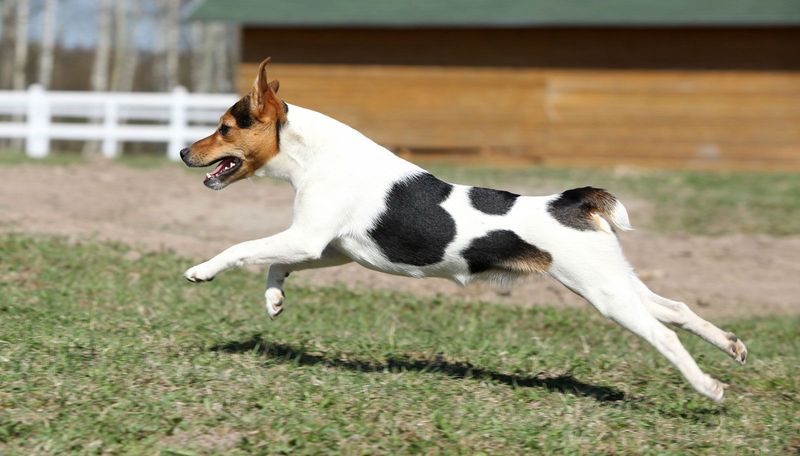
Jack Russell Terriers are lively and intelligent dogs, known for their boundless energy. This breed thrives in an active household but can become disruptive if their energy isn’t channeled positively. They require extensive exercise and mental challenges to prevent boredom. Jack Russells can be stubborn, making training a necessity. They are generally healthy but prone to eye and joint problems. If you’re not prepared to keep up with their spirited nature, you might find them more challenging than enjoyable. Consider a less active breed if your lifestyle is more relaxed.
Cane Corso
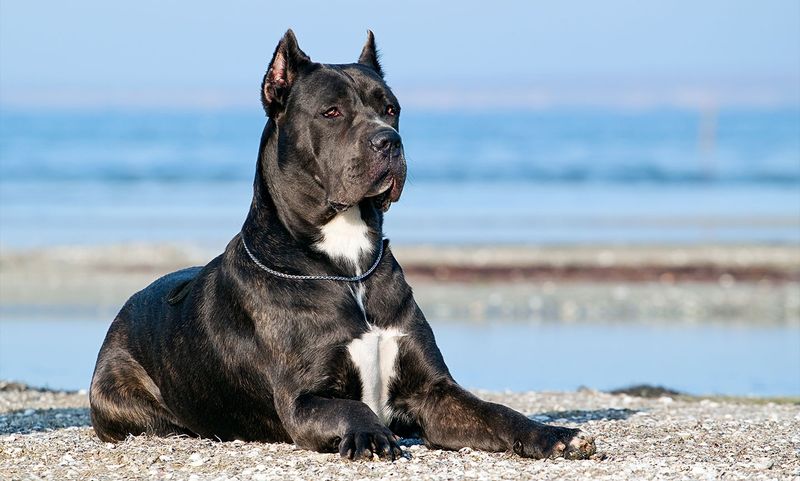
Cane Corsos are impressive dogs with a strong protective instinct. Their imposing appearance is matched by their need for experienced handling. They require extensive training and socialization to prevent aggression. This breed is best suited for someone familiar with powerful dogs. Despite their strength, they are prone to health issues like hip dysplasia and bloat. Cane Corsos need a lot of space and are not ideal for apartment living. If you’re looking for a manageable and easy-going pet, the Cane Corso might not be the right fit. They demand time, effort, and space.
Shar Pei
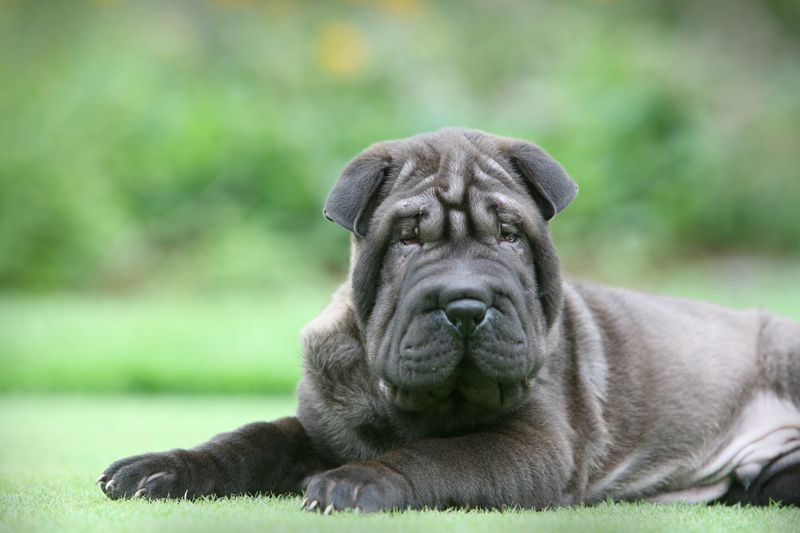
Shar Peis are known for their distinctive wrinkled skin and independent nature. While their appearance is unique, it comes with a host of challenges. Their skin folds require regular cleaning to prevent infections. Shar Peis can be aloof and may not tolerate other pets well. Training is essential to manage their stubborn streak. Health issues like skin problems and hip dysplasia are common concerns. If you prefer a more social and low-maintenance pet, a Shar Pei might not be the best match. They require consistent care and attention to thrive.
Weimaraner
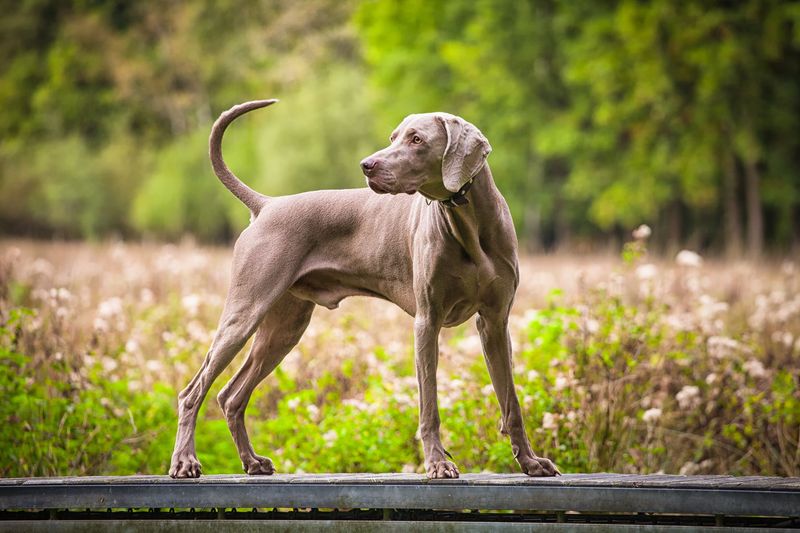
Weimaraners are elegant dogs with a keen sense of adventure. Bred for hunting, they require significant exercise and mental stimulation. Weimaraners can suffer from separation anxiety if left alone for long periods. Training and socialization are crucial to manage their energetic nature. Health issues such as hip dysplasia and bloat are concerns. Their high energy levels and need for companionship make them unsuitable for inactive households. If you’re not ready for the commitment of daily exercise and attention, you might find a Weimaraner more demanding than delightful.
Pekingese
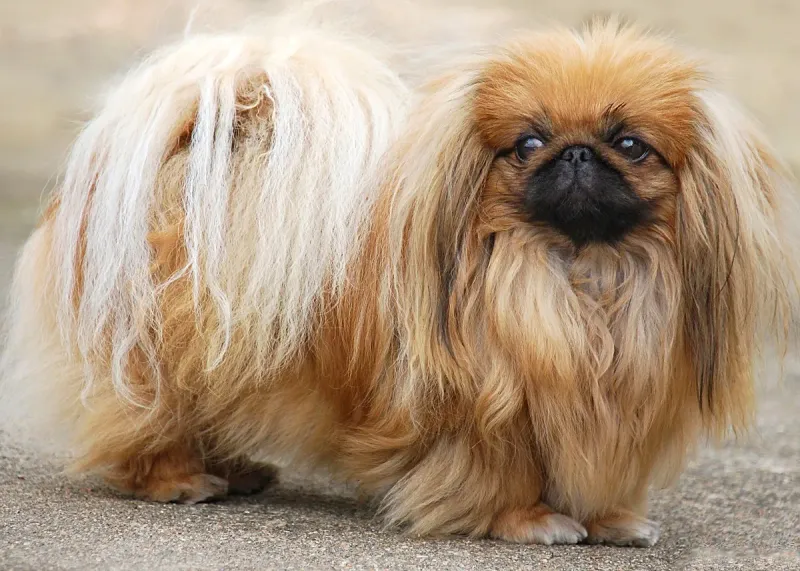
Pekingese dogs are charming with their regal appearance and independent nature. However, their stubbornness can make training a challenge. They require patience and consistency. Pekingese are not ideal for homes with small children due to their delicate build. Grooming is a significant commitment with their long, flowing coats. Respiratory and heart issues are common health concerns. If you’re looking for a low-maintenance and easygoing companion, a Pekingese might not be the best fit. They require an owner willing to invest time in grooming and training.
Saint Bernard
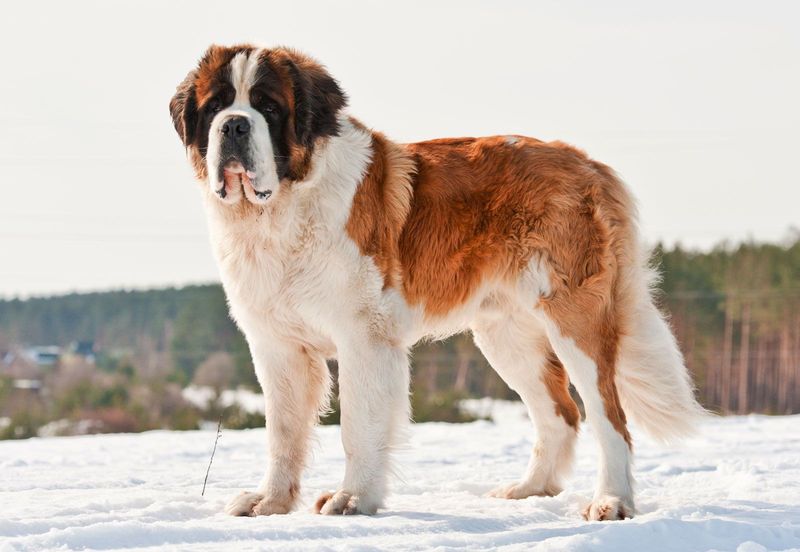
Saint Bernards are gentle giants, known for their size and strength. However, their massive build is both a blessing and a challenge. They require space and are not suited for small living areas. Despite their calm demeanor, they need regular exercise to maintain health. Grooming is necessary due to their thick coat. Saint Bernards are prone to health issues like hip dysplasia and heart conditions. If you’re not prepared for their size and care needs, a Saint Bernard might not be the right choice. They demand space, time, and resources for a happy life.
Bulldog
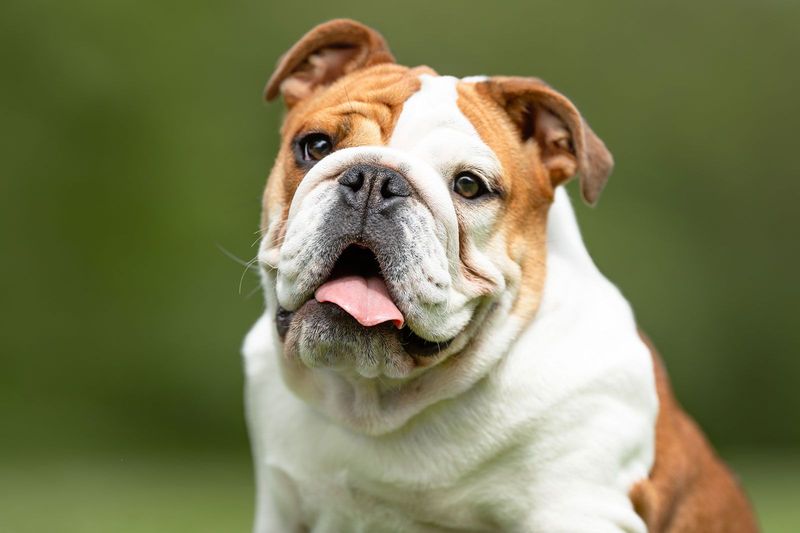
Bulldogs are known for their distinctive wrinkled appearance and gentle nature. However, their health issues are a significant concern. Breathing problems due to their short snouts can make exercise challenging. Bulldogs require careful monitoring of their diet to prevent obesity. Skin infections and joint problems are also common. They thrive in a calm environment and need minimal exercise. If you’re looking for a robust and active companion, a Bulldog might not be suitable. While they are endearing, their health needs demand attention and care, making them a challenging choice for some.
Afghan Hound
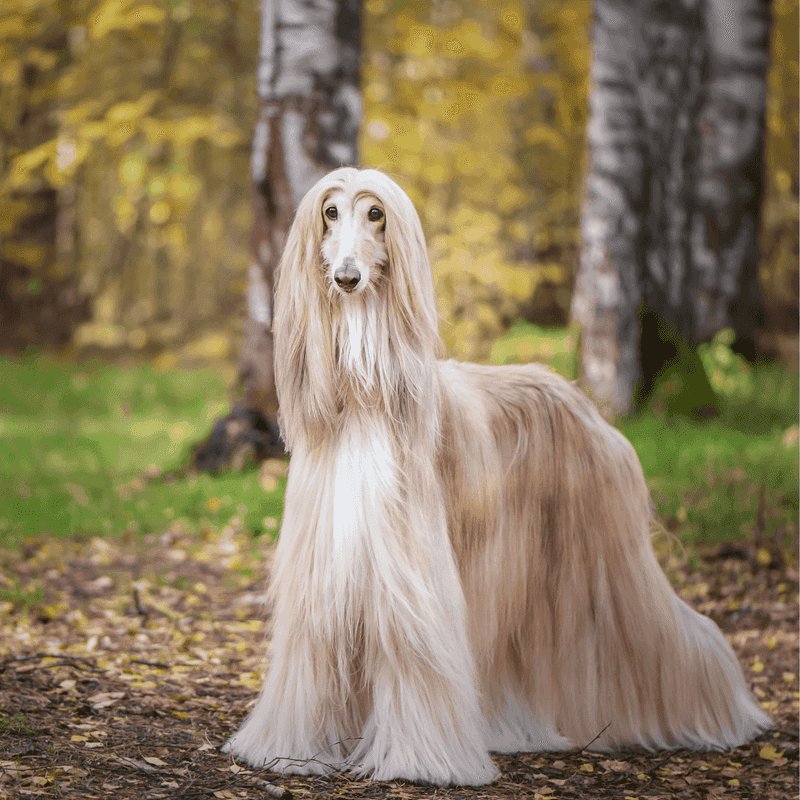
Afghan Hounds are known for their elegance and distinctive appearance. However, their beauty comes with significant grooming demands. Their long, flowing coat requires regular maintenance to prevent matting. Afghan Hounds have an independent nature, which can make training challenging. They are sensitive and require gentle handling. Health concerns like hip dysplasia and cataracts are prevalent in the breed. If you prefer a low-maintenance pet, an Afghan Hound might not be the best fit. Their grooming needs and independent streak make them better suited for dedicated owners who appreciate their unique qualities.
Great Dane
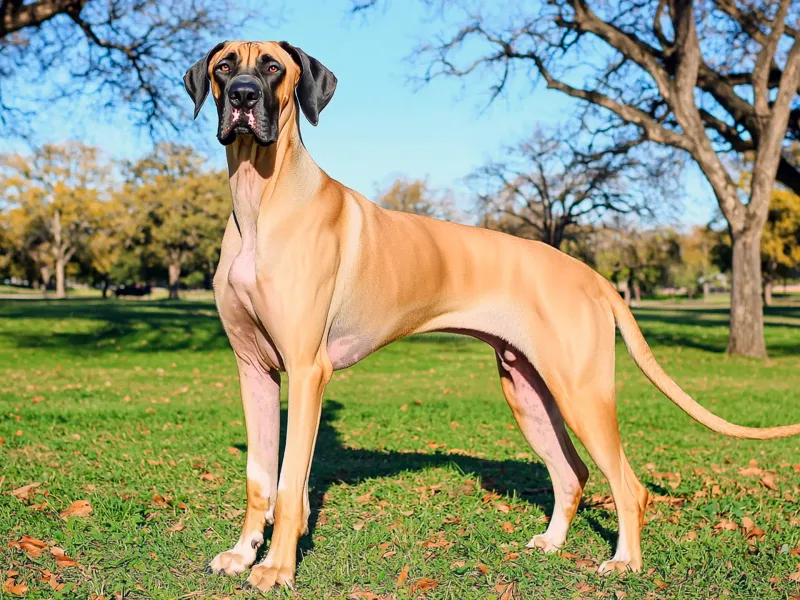
Great Danes are majestic and affectionate, known for their towering size. However, their giant stature presents unique challenges. They require ample space and are not suited for small apartments. Despite their gentle demeanor, regular exercise is necessary to maintain their health. Great Danes are prone to health issues like hip dysplasia and heart problems. Their dietary needs are substantial and require careful management. If you’re not prepared for their size and associated care demands, a Great Dane might not be the ideal choice. They demand space and resources for a happy life.
Greyhound
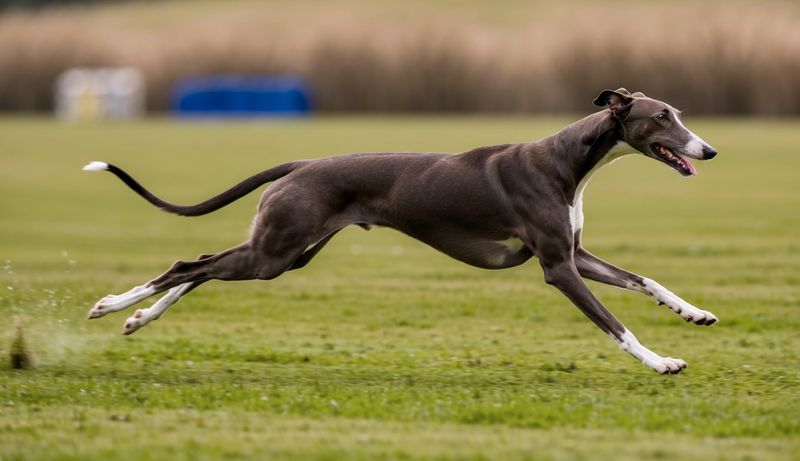
Greyhounds are celebrated for their speed and grace. While they are gentle and calm indoors, their exercise needs are higher than average. Greyhounds require safe, secure areas to run freely. Their sensitive nature means they need gentle handling. Health concerns such as hip dysplasia and bloat are common. Despite their athleticism, they enjoy lounging and are prone to becoming couch potatoes. If you’re not ready to meet their exercise needs or provide a secure environment, a Greyhound might be more demanding than anticipated. They require balance between activity and relaxation to thrive.
Border Collie
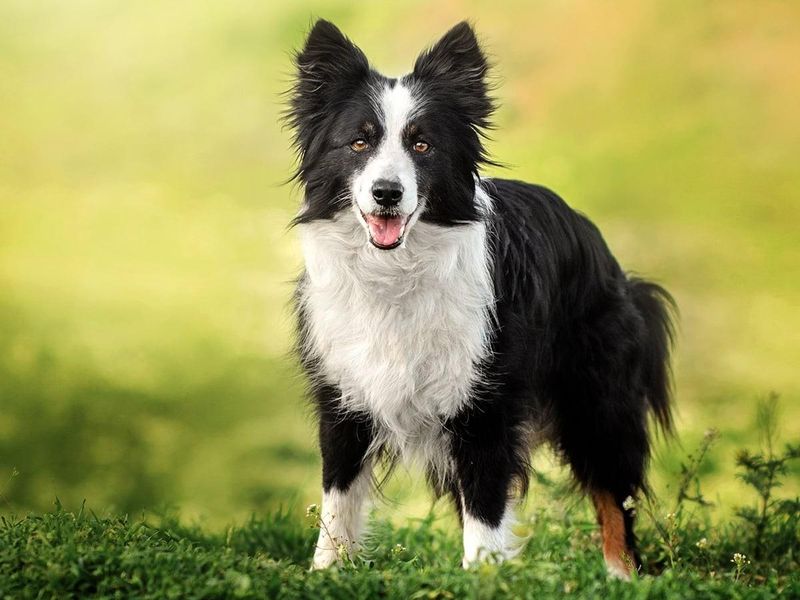
Border Collies are renowned for their intelligence and herding abilities. However, their brilliance comes with the need for constant mental stimulation. They thrive in active households that can meet their exercise demands. Without proper activity, Border Collies can become bored and destructive. Their herding instinct means they may try to herd children and other pets. Health concerns like hip dysplasia and epilepsy are common. If you’re not prepared for their energy and intelligence, you might find them overwhelming. They require a dedicated owner who can provide both mental and physical challenges.
Basenji
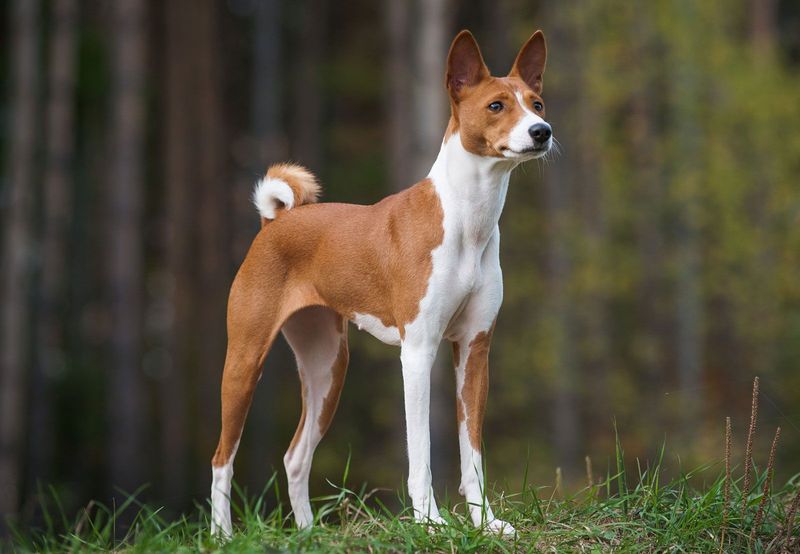
Basenjis are unique with their barkless nature, often referred to as the “barkless dog.” However, they are not silent as they produce a distinctive yodel-like sound. Known for their curiosity and independence, Basenjis require constant mental stimulation. Their high energy levels mean they need regular exercise. Grooming is minimal, but they can be prone to health issues like Fanconi syndrome. If you’re seeking a highly interactive and obedient pet, a Basenji might not be the best match. They thrive with an owner who appreciates their independence and can provide plenty of activity.
Basset Hound
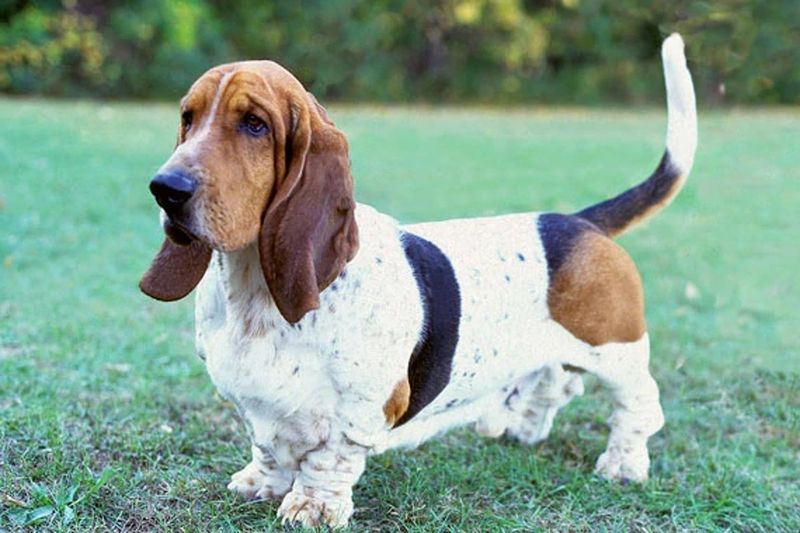
Basset Hounds are known for their distinctive appearance and laid-back demeanor. However, their long ears and droopy eyes require regular cleaning to prevent infections. Basset Hounds are prone to obesity and need moderate exercise to maintain their health. Their sense of smell can lead them astray, requiring a secure environment. Health issues such as hip dysplasia and ear infections are common. If you’re not ready for the grooming and health demands of this breed, you might find them more challenging than expected. They require both care and attention to thrive.
Irish Wolfhound
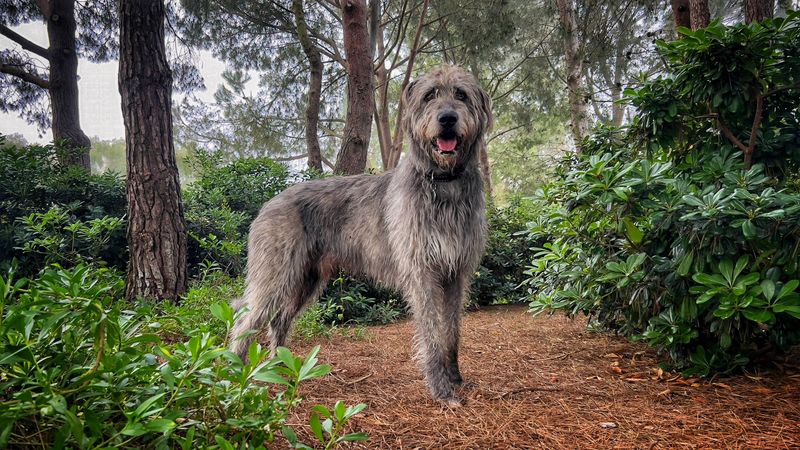
Irish Wolfhounds are the giants of the dog world, known for their gentle and friendly nature. However, their massive size requires ample space and is not suited for small living environments. Despite their calm demeanor, they need regular exercise to maintain health. Grooming is moderate, but they are prone to health issues like heart disease and bloat. If you’re not prepared for their size and care demands, an Irish Wolfhound might be more than you can handle. They require space, time, and commitment to ensure a happy and healthy life.
Old English Sheepdog
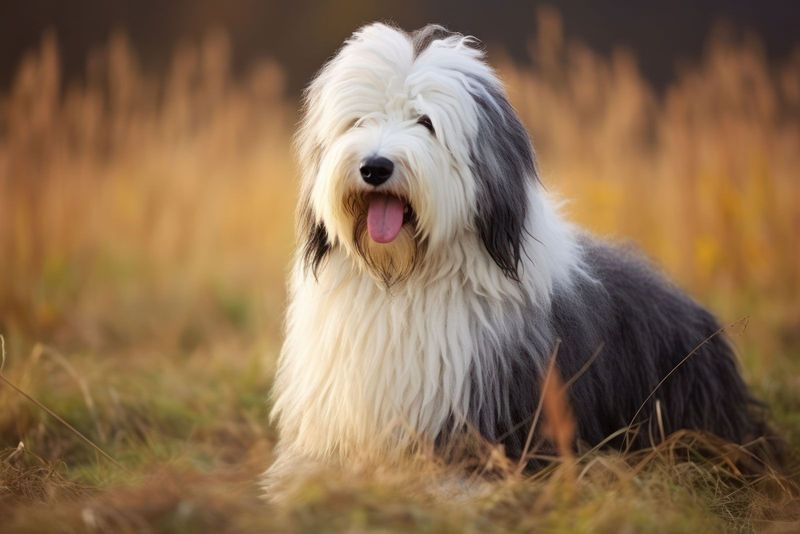
Old English Sheepdogs are known for their shaggy coats and jovial personality. However, their grooming demands are significant, requiring regular maintenance to prevent matting. These dogs are intelligent and energetic, needing both mental and physical exercise. They can be prone to health issues like hip dysplasia and cataracts. Old English Sheepdogs thrive in active households that can meet their exercise and grooming needs. If you’re not ready for the commitment of maintaining their coat and providing regular activity, they might not be the right choice. They require dedication to care and companionship.

